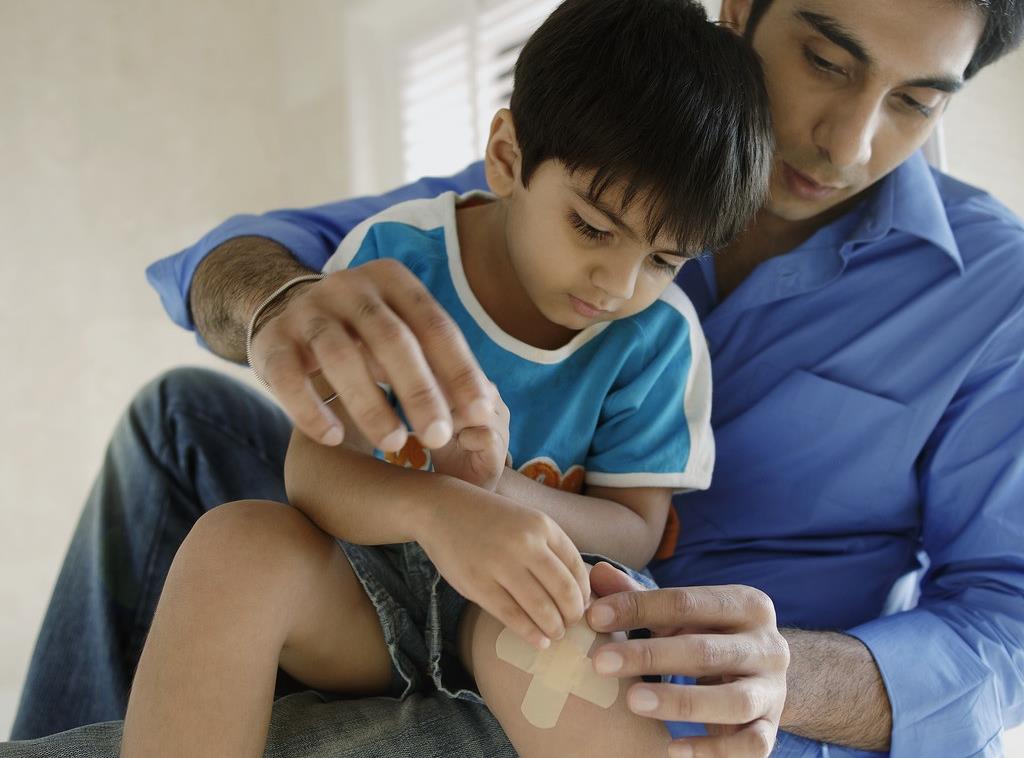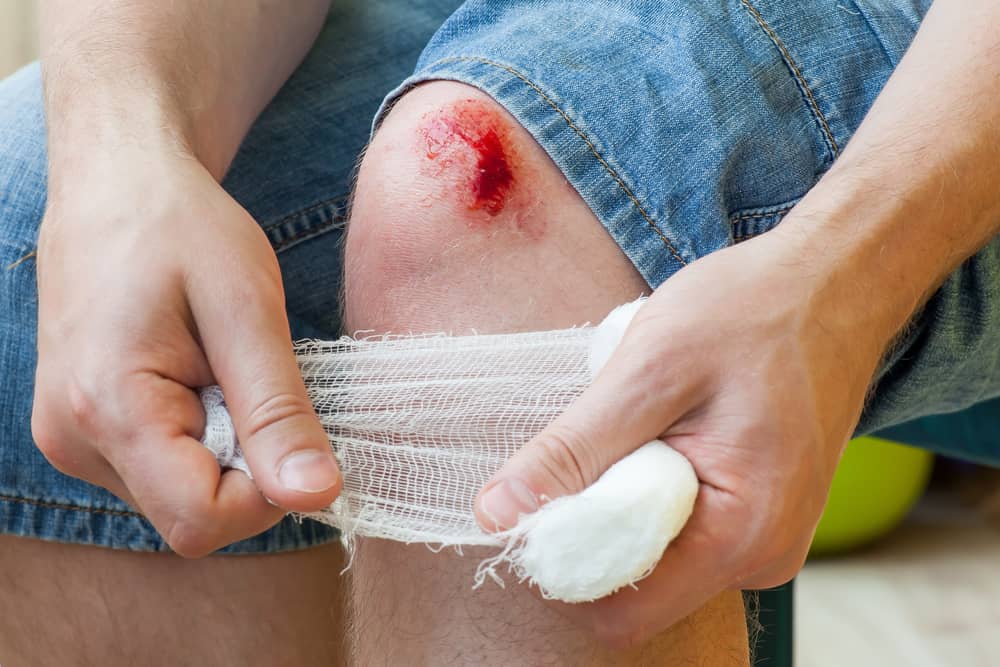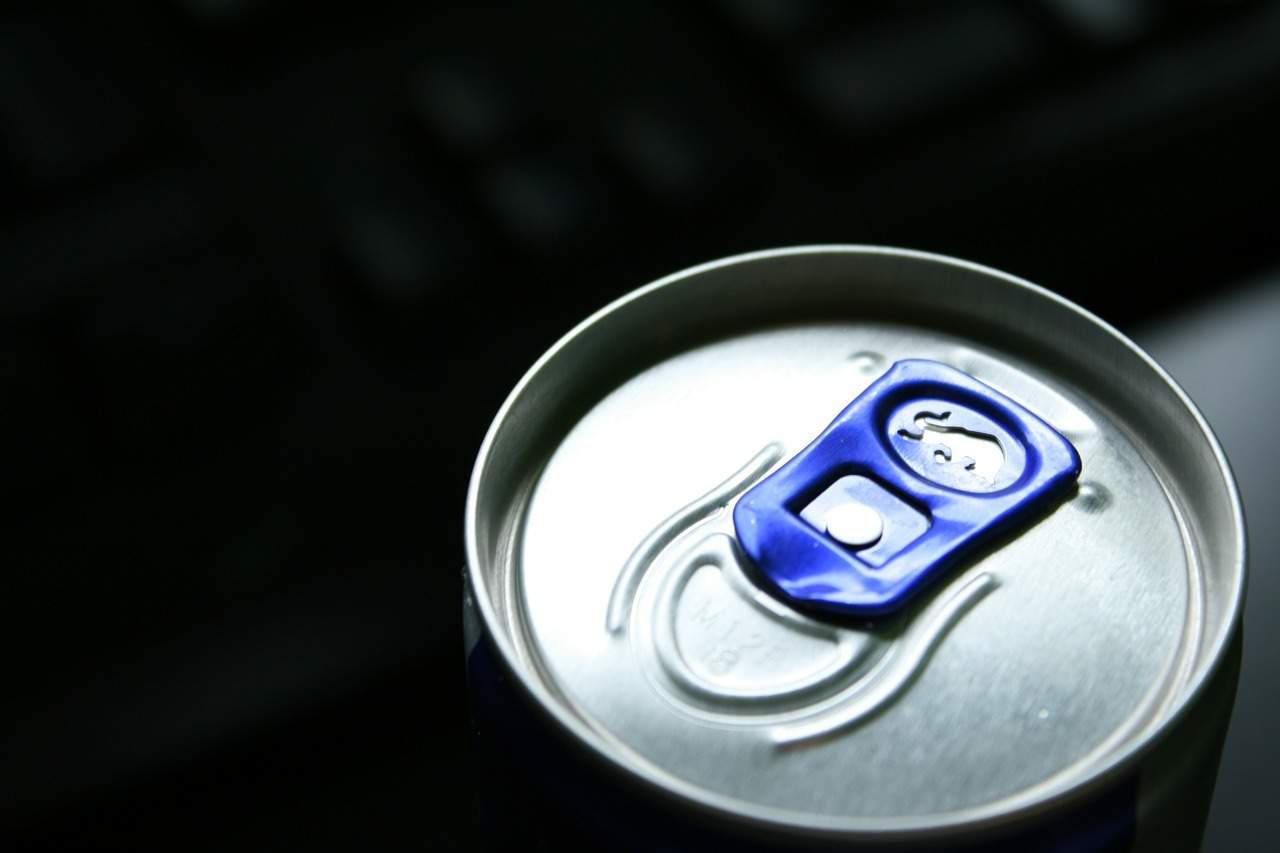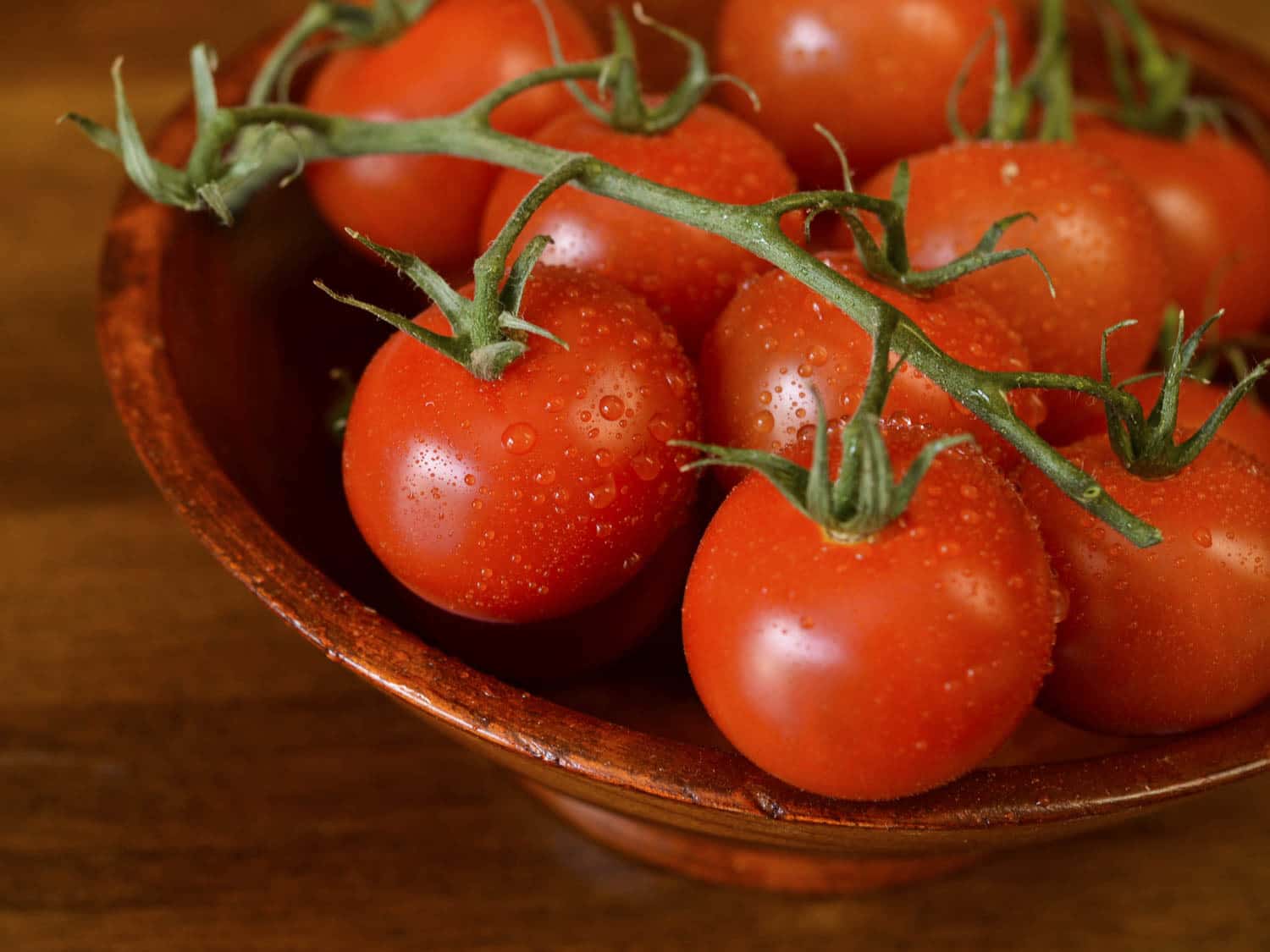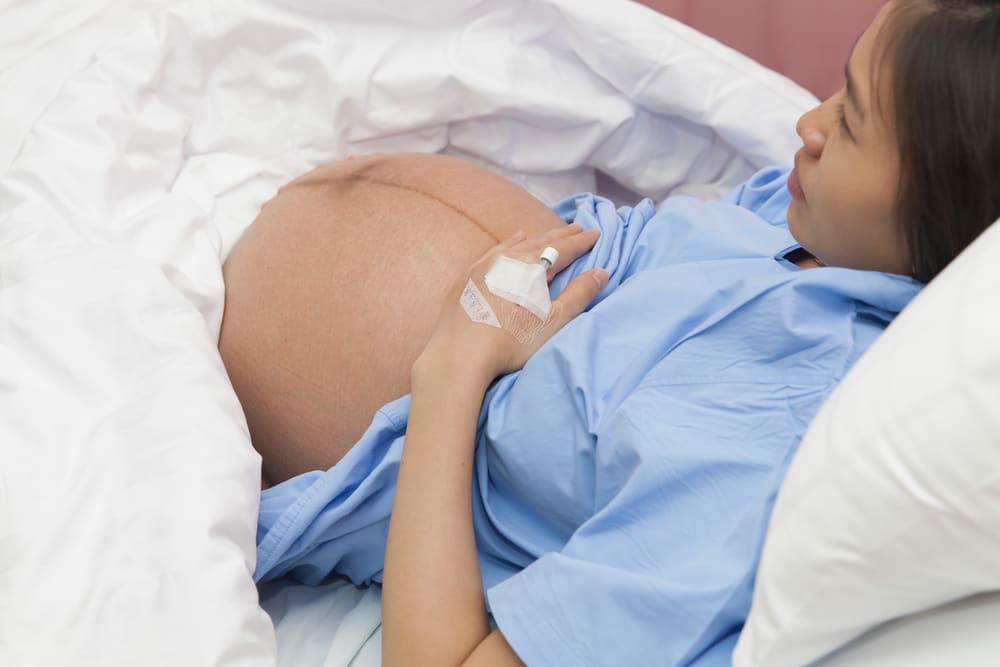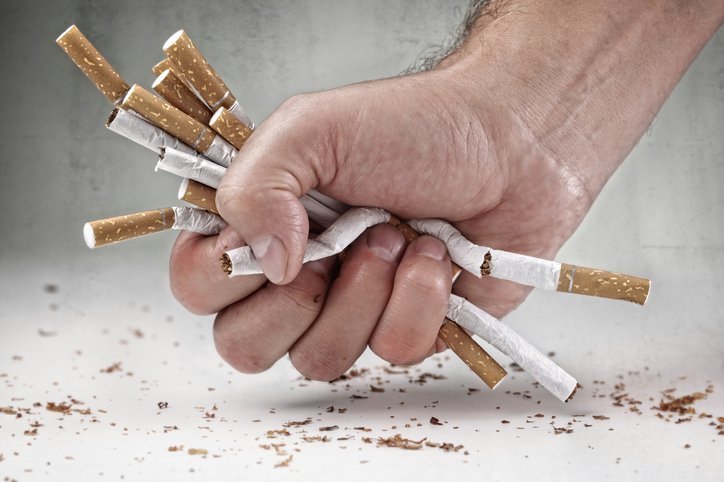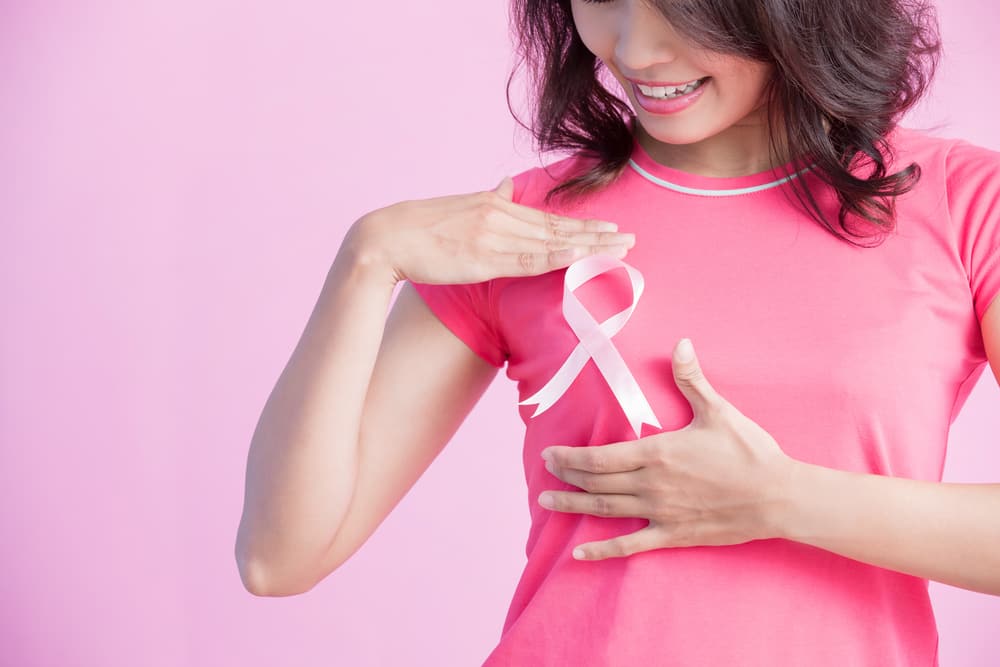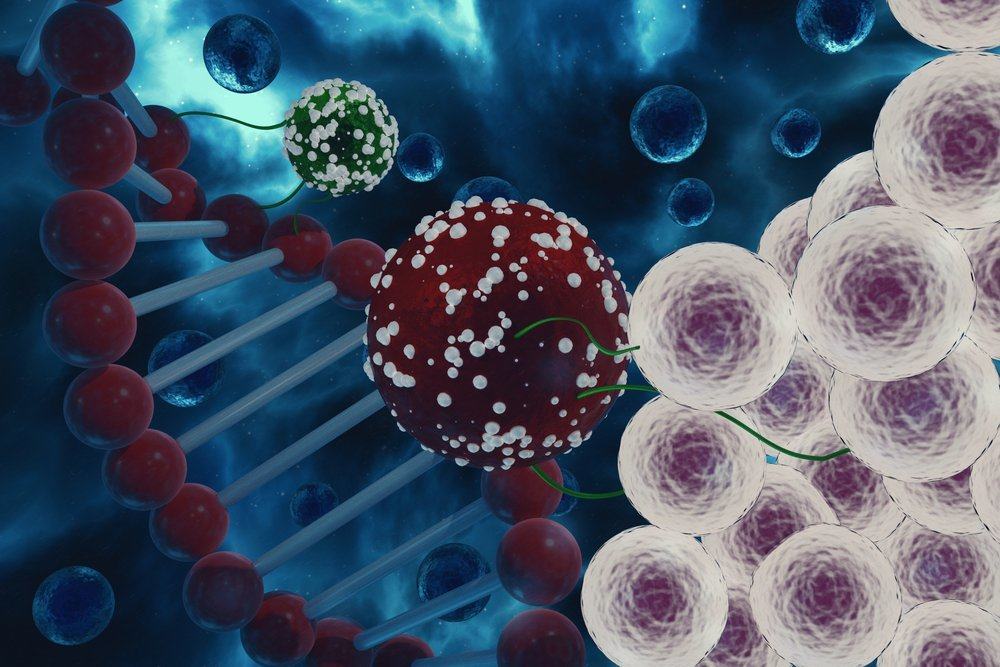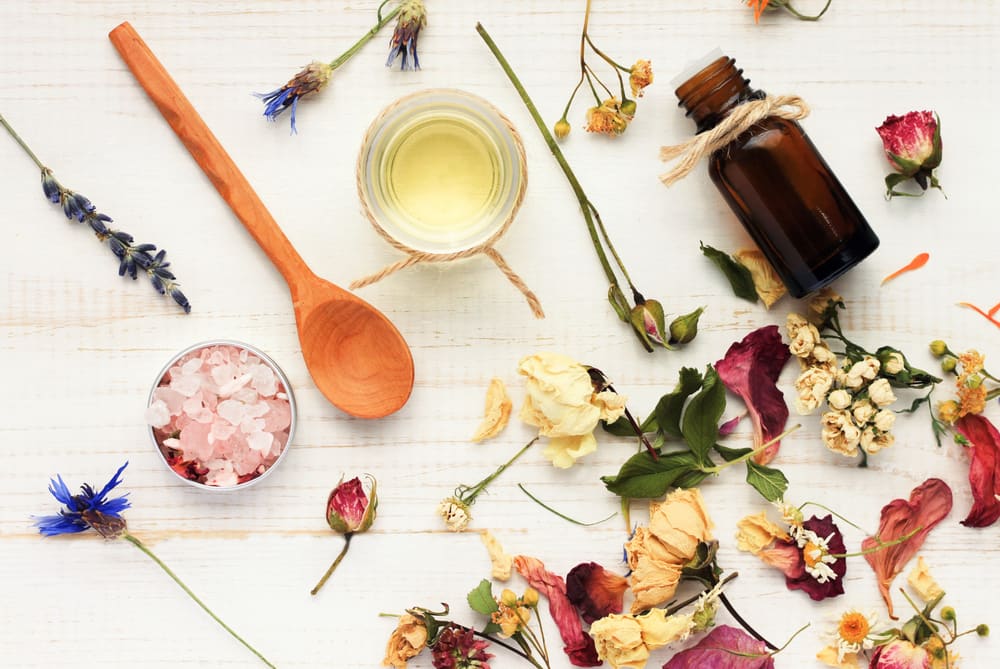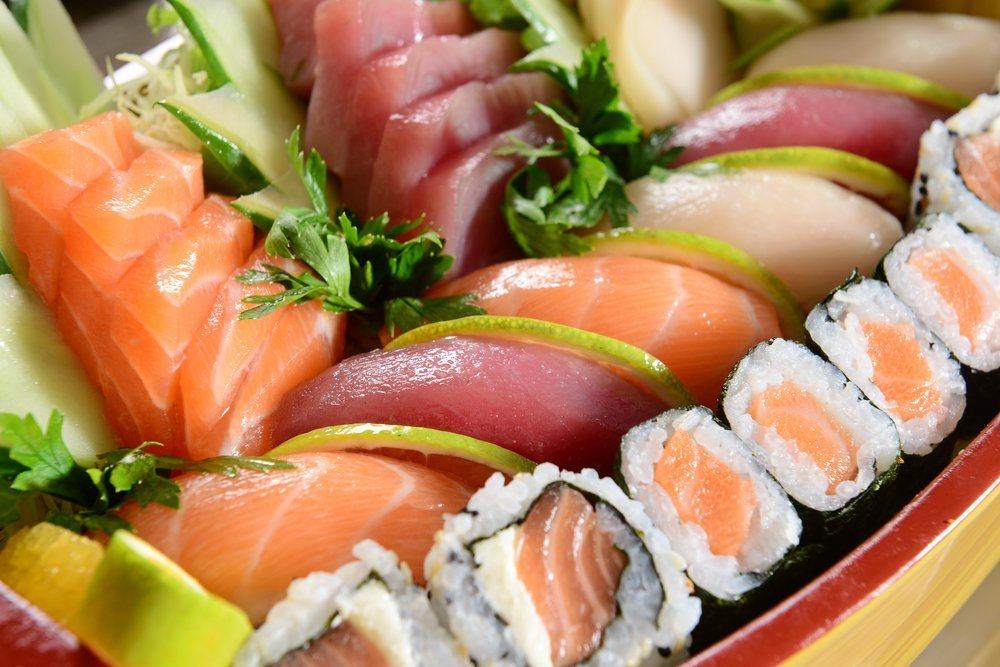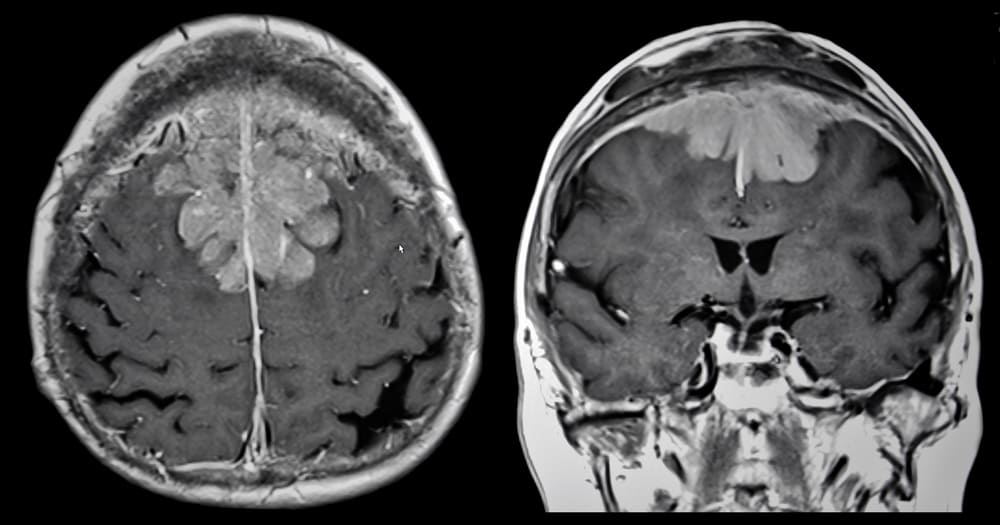Contents:
- Medical Video: why does it itch when a wound starts healing
- If it's itchy, don't scratch it
- Is it true that the condition of the itch wound is about to heal?
Medical Video: why does it itch when a wound starts healing
Everyone must have been hurt. Whether it's a small wound, a scratch or even a postoperative wound. In addition to causing pain, often wounds will cause itching. Not infrequently, for those of you who are impatient and nervous, will end up scratching the wound.
Where scratched wounds will make the dry skin layer open again and slow down the healing process.Then, the myth that circulated, the condition of the itch wound indicates that the wound is about to heal in the future. Is it true that itchy wounds indicate if you want to recover? Consider the following facts.
If it's itchy, don't scratch it
Itching can be caused by various things. Whether it's due to inflammation due to exposure to foreign substances, or even allergens (allergens). Then, when you feel itchy, you will reflexively scratch it. At first itching will disappear and feel comfortable. But a few moments later, you will feel pain in the place that was previously itchy due to scratching.
Well, because pain arises, the body naturally secretes serotonin. The goal is to reduce the pain that is felt. However, not only does it regulate pain, serotonin also gives a sense of "satisfaction" when scratching. So, the more serotonin that results from pain, the more you want to scratch.
Subsequent itching can irritate the being scratched or injured, remove the growing tissue, slow down the recovery process and worsen scar tissue. In addition, scratching wounds can cause harmful bacteria in the hands to move to the wound, and can cause a higher risk of infection.
Is it true that the condition of the itch wound is about to heal?
Itching during the wound healing process is normal and common. In general, itching in this case will subside on its own. If the itch doesn't go away on its own, you may experience keloid wounds or hypertrophic wounds.
Usually itching in scars occurs due to physical stimulation, chemical stimulation, and also regeneration or nerve repair processes. Some examples of physical stimulation can be mechanical, electrical, or heat stimuli.
Chemical stimuli that cause itching in the wound may be caused by histamine. Histamine is found in keloid wounds and hypertrophic wounds and this occurs in tandem with the formation of new collagen tissue.
On the other hand, nerve regeneration occurs in all processes of wound healing. During this nerve regeneration, there are nerve fibers that have sheaths of thin myelin and C nerve fibers that do not have a sheath. The amount of both is not balanced so that it can increase itching. All of the above factors contribute to itching in the wound during healing.
Some therapies that can be given to reduce itching are moisturizers, anti-inflammatory drugs such as topical corticosteroids that can be directly applied to the itching area, interferon, topical retinoid acid, and silicone gel in the form of sheets or creams.

